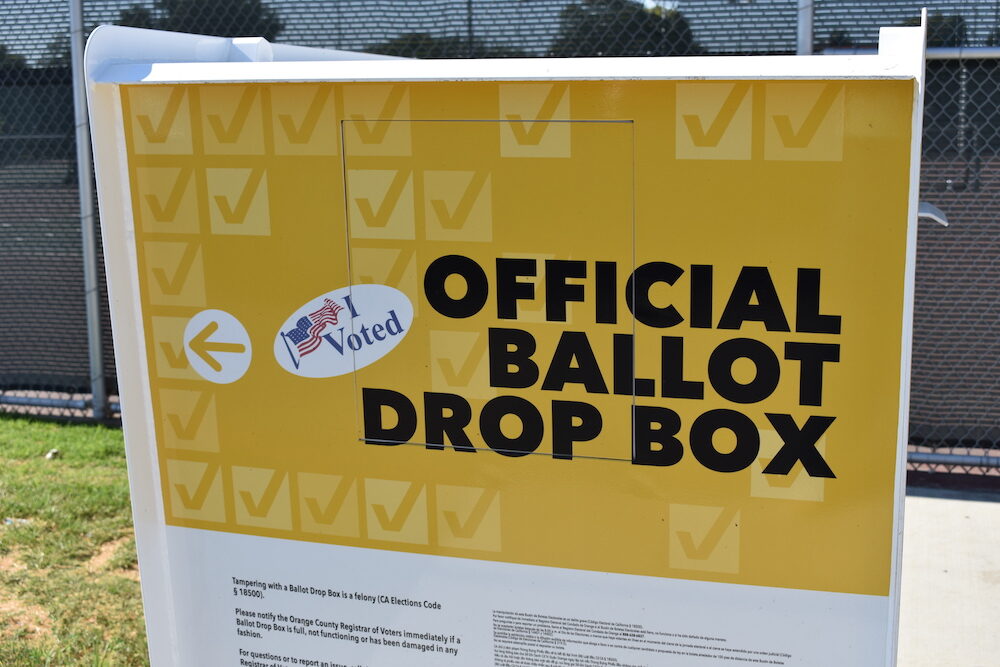
By Camelia Heins
COVID-19 has altered the way Americans live, interact and spend their time. In public places, for example, there are widespread safety restrictions, such as six-feet markers to enforce social distancing. Another major change due to COVID-19 is coming in just a few months: vote-by-mail ballots.
In the midst of a global pandemic, the United States primary elections have taken a turn. These primaries are important, not only for deciding presidential candidates but also for several senators, congressional representatives and governors whose seats are up for election this Nov. 3.
Primaries use a system in which candidates are awarded delegates based on how many votes they receive. In order to become each party’s presumptive nominee, a candidate needs a certain number of delegates. For the Democratic Party, 1,991 delegates are required to become the presumptive nominee. For the Republican Party, 1,276 delegates are required.
Both presidential candidates from the two political parties, former Vice President Joe Biden and President Donald Trump, have reached the number of delegates needed to become their party’s presumptive nominee.
In July, four primaries took place. Delaware moved its primary from April 28 to July 7 and New Jersey moved its primary from June 2 to July 7 due to coronavirus concerns. Louisiana also postponed its primary to July 11 and Puerto Rico postponed it to July 12.
In August, one last primary will occur before the party national conventions take place at the end of the month. Connecticut postponed its primary from April 28 to Aug. 11.
Each party’s national convention will take place this summer to nominate their candidate in order to run in November. The Democratic National Convention will take place from Aug. 17 to Aug. 20 in Milwaukee, Wisconsin. The Republican National Convention will take place from Aug. 24 to Aug. 27 in Charlotte, North Carolina for one day, then move to Jacksonville, Florida for the remainder of the convention.
Voting is the biggest concern for this upcoming election during the coronavirus pandemic.
In California, Governor Gavin Newsom issued an executive order that vote-by-mail ballots would be used this November in order to ensure the safety of California residents. Five states—Colorado, Hawaii, Oregon, Utah and Washington—already hold all elections by mail.
Newsom later signed a bill to put this into action. California voters, however, still have the option to vote in person.
Vote-by-mail has recently become a national partisan issue due to concerns over voter fraud and whether these ballots could favor one party over another.
However, vote-by-mail has not been linked to an increase in voter fraud, according to the Brennan Center for Justice at New York University. Voting by mail is considered an easier option for voters and may increase voter turnout. One notable downside to using vote-by-mail ballots is that it can be a more expensive and lengthy option for states in terms of making and counting the ballots.
The pandemic is not only changing primaries and how we vote but will also influence voters’ decisions in November. How voters believe the Trump administration has handled the COVID-19 pandemic may affect their choices in November.





